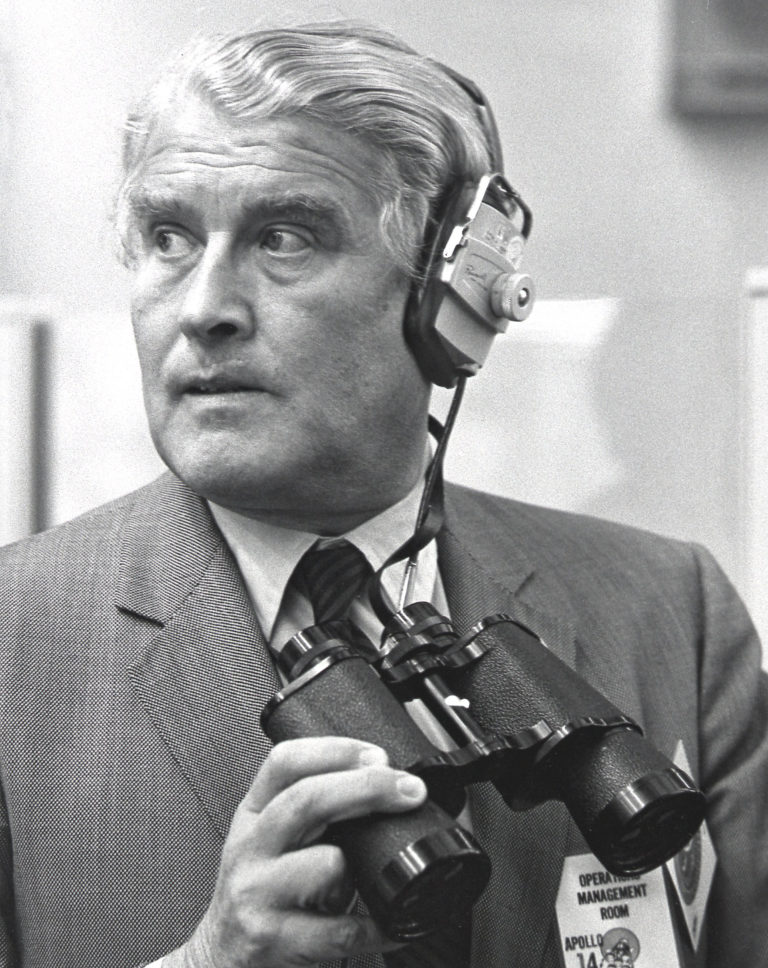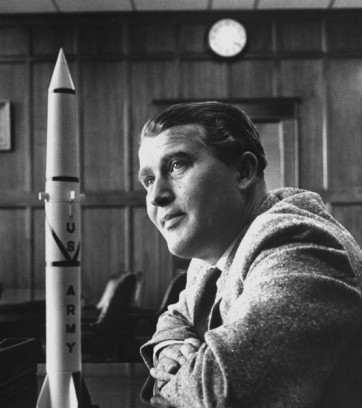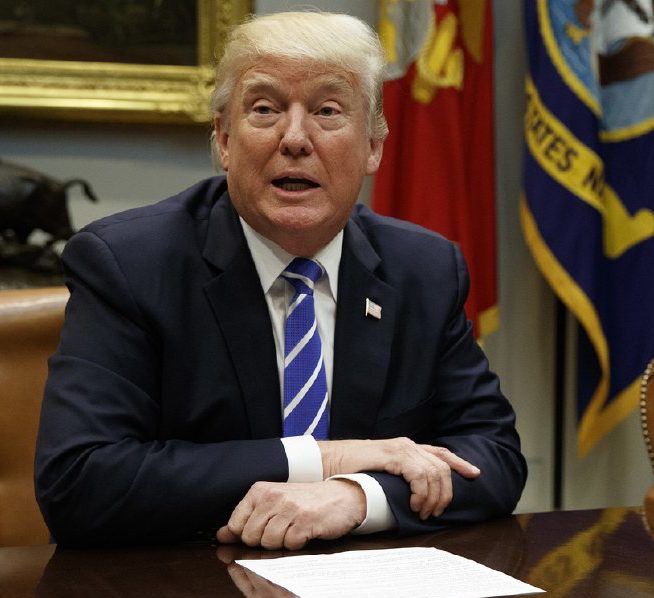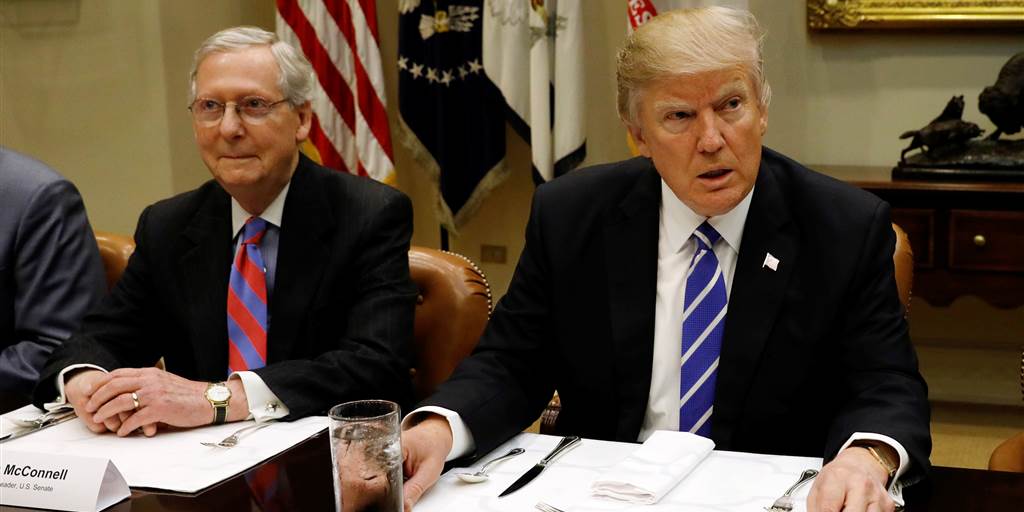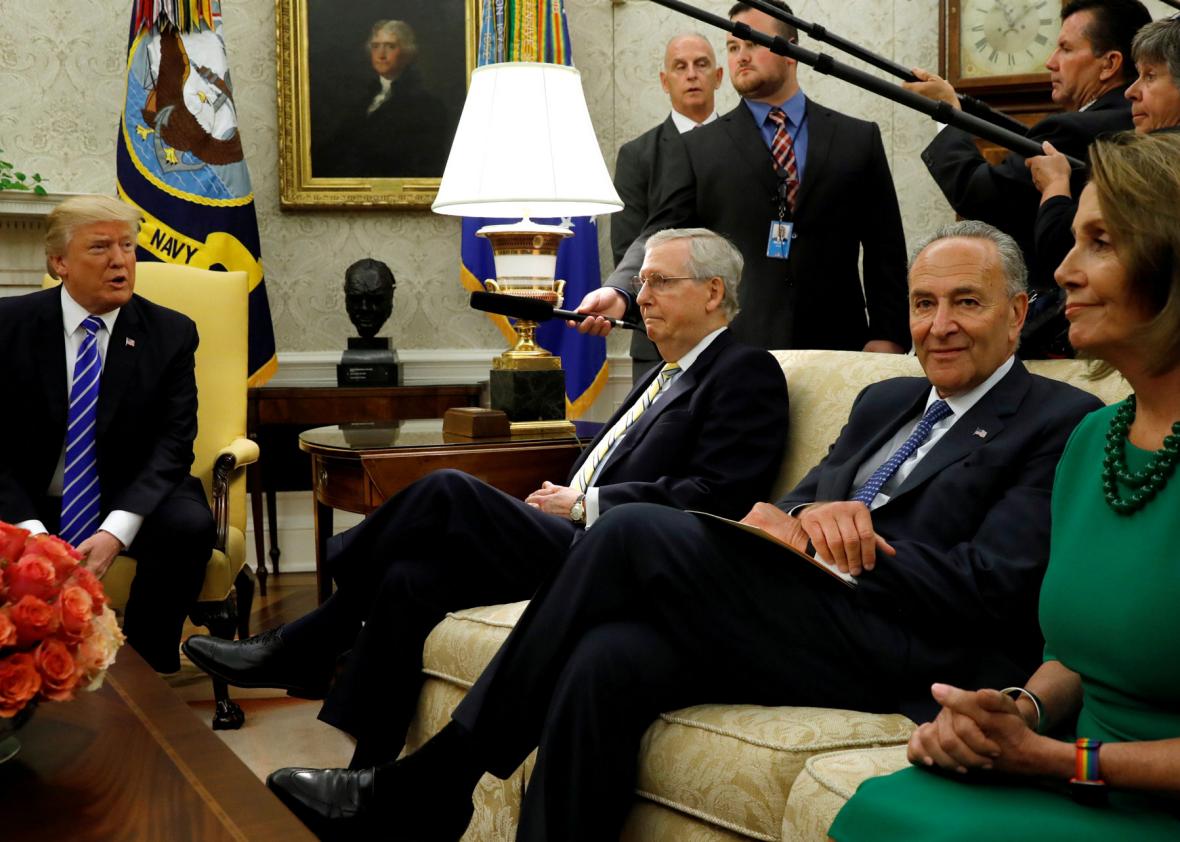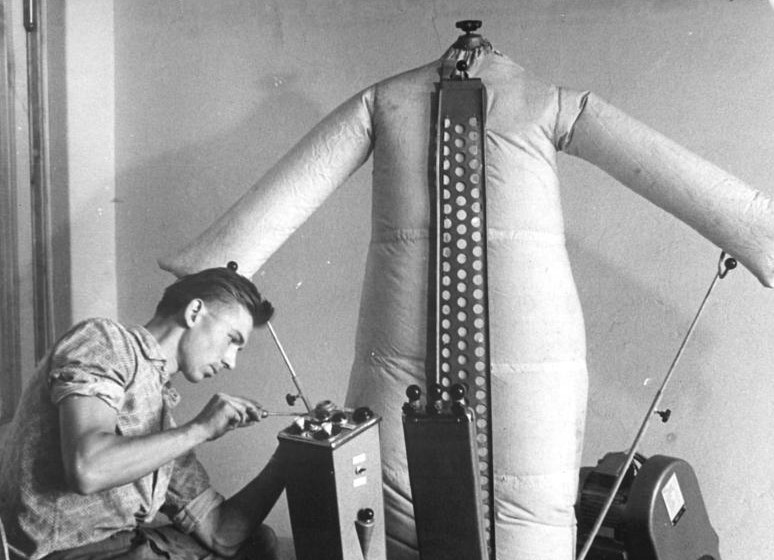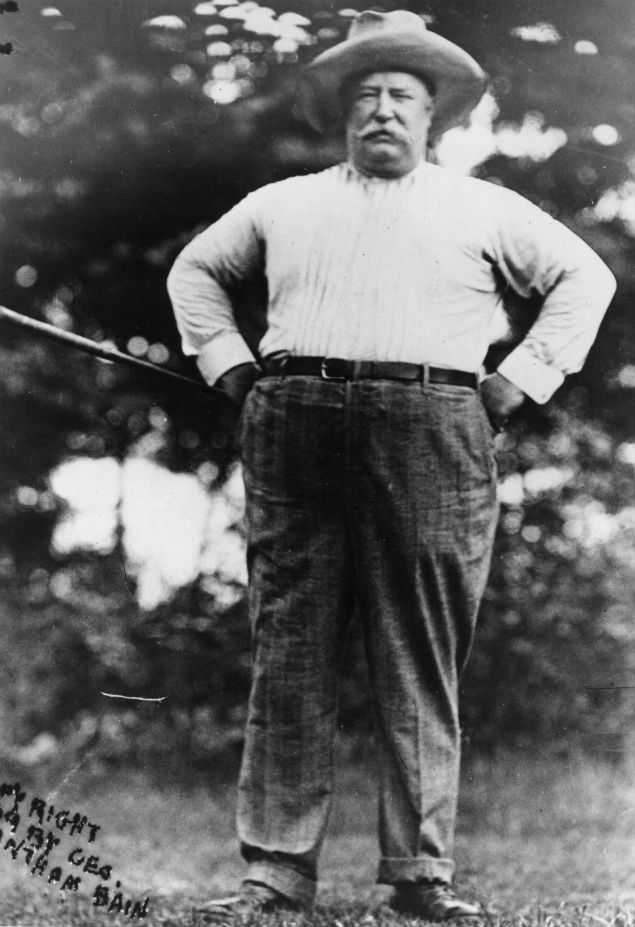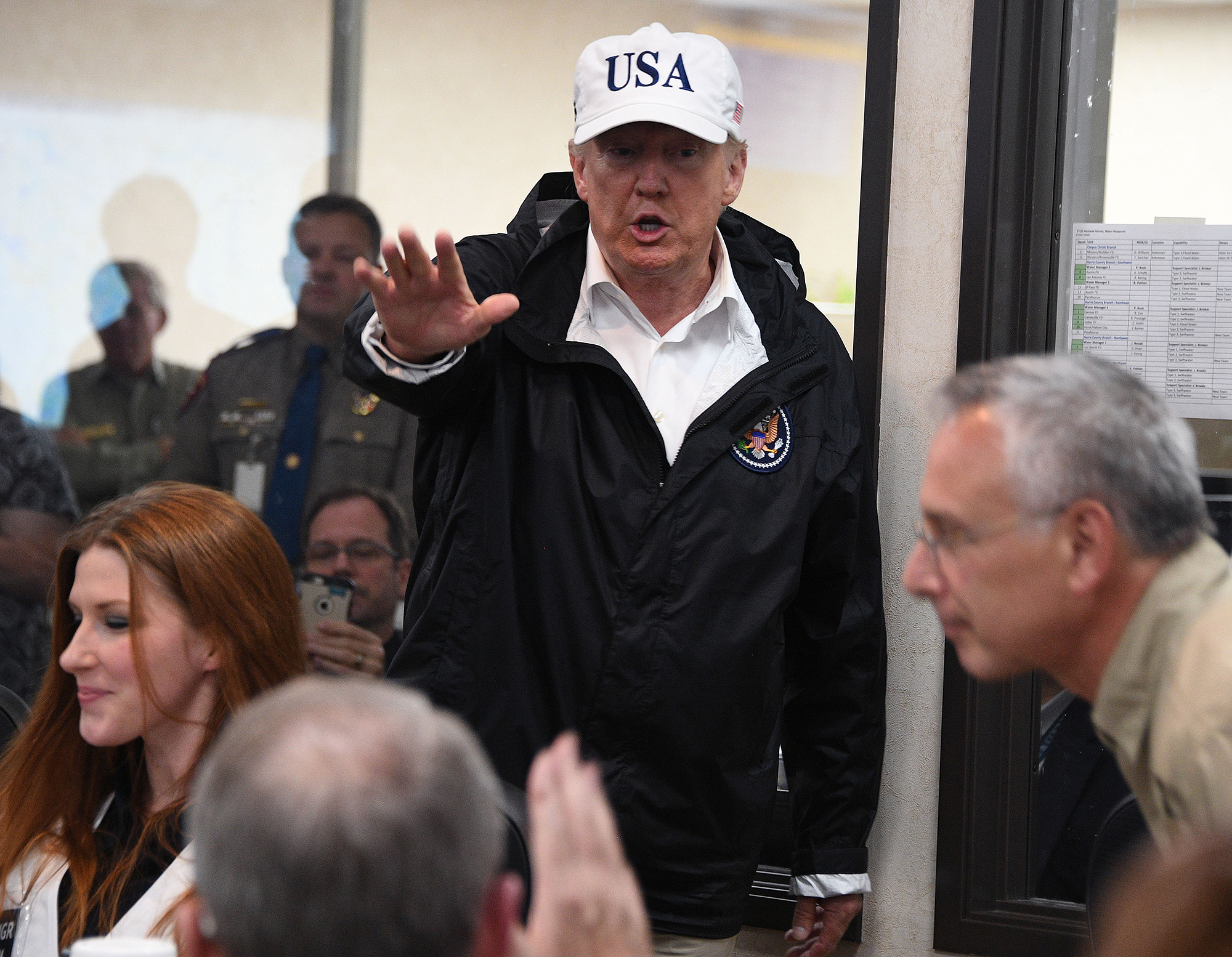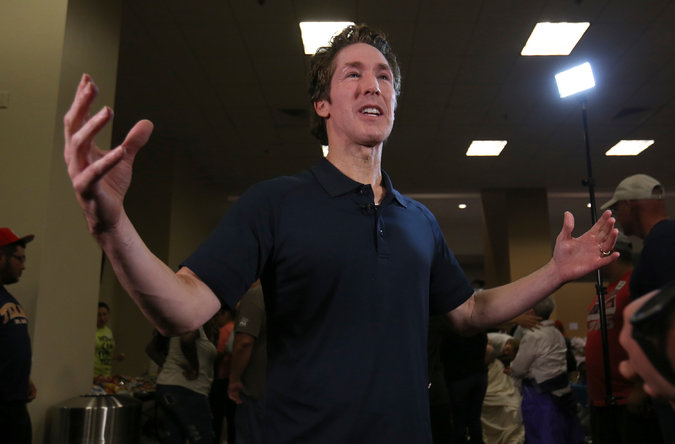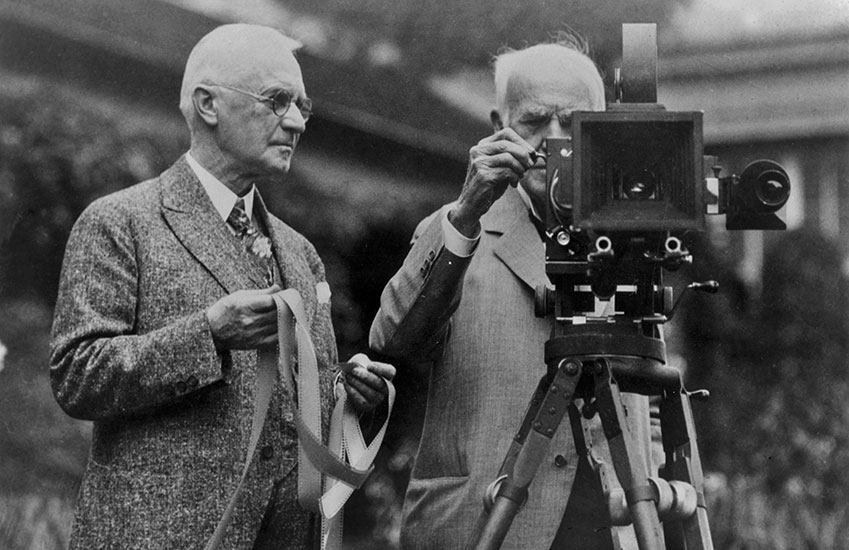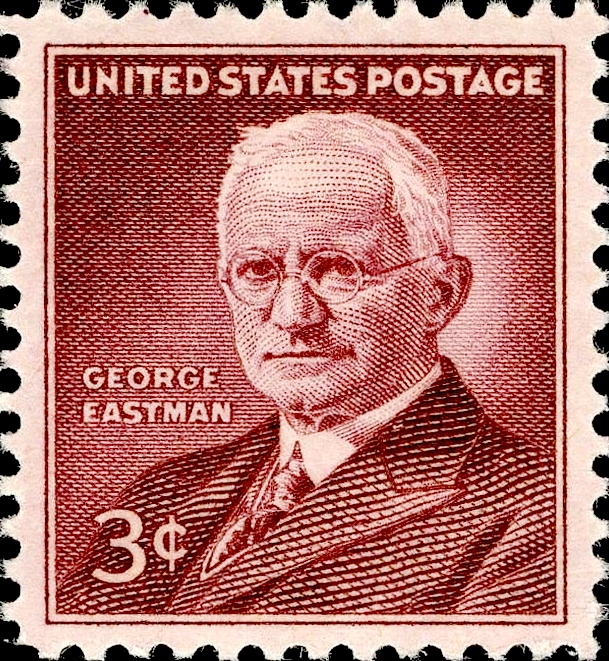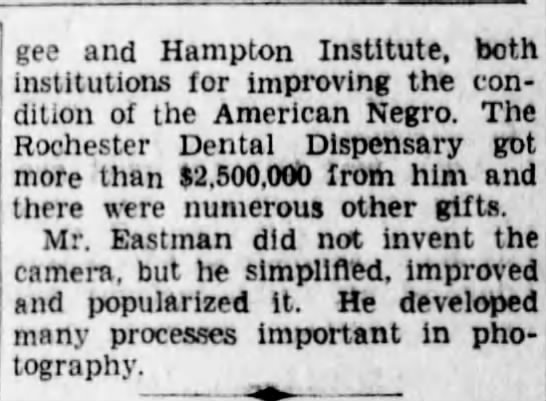The alleged QVC quisling Donald Trump didn’t single-handedly make himself into the American nightmare nor is he haunting our sleep primarily because of the Kremlin, though both parties must be held accountable for any lawless acts committed. The larger and more confounding problem is the many failings that allowed the country to slide down a mud-covered slope decades in the making.
Robert Redford speaks to this point in a new Esquire Q&A with Michael Hainey:
Esquire:
Trump is a businessman, but he is such a creature of the entertainment world. It feels that the entertainment industry is more entwined with politics than ever before.
Robert Redford:
I just think he is who he is. You can’t blame him for being who he is. He’s always been like that. He’s our fault—that’s how I see it. We let him come to where he is. I’m not so interested in blaming him; that’s being done enough by others. I’m more interested in: How did this happen? We’ve lost our moral foundation, which allows us to go this far over. So I don’t blame him. I just think he is what he is. We’re the ones who let that happen. We should be looking at ourselves.•
Three tests face us now in preserving democracy and repairing the country, and each task is more difficult than the last. First, the potential crimes (domestic and foreign) that helped enable our fall from basic decency must be sorted and analyzed. Thanks to a series of accidents and incidents, we have Robert Mueller and his Murderers’ Row managing that job, which is a best-case scenario. The extreme dysfunction and ineptitude of the Administration made Mueller possible. When I’m asked how things could be worse in the U.S. than they are currently, I say that next time the Mussolini won’t be so mediocre.
Secondly, as Edward Luce warned in the Financial Times in 2015 and Jeet Heer reminds us now in the New Republic post-Charlottesville, Trump may be caged or slither away, but the white nationalism he was uniquely positioned to activate isn’t following him out the door. We must restore the DHS focus on domestic terrorism and white supremacist organizations, which has been severely weakened by Katherine Gorka, and there needs to be a strengthening of norms that inhibit those who carry inside them burning crosses and swastikas. Societal pressure can limit the reach of the hatemongers, even if it can’t make them disappear.
Finally, the welter of media and religion and politics and money and bigotry and entertainment and technology and education that brought us to the brink must be untangled and addressed. A country subsisting on bread and Kardashians was headed for a crash, and it’s not clear that one so deeply partisan and besotted with billionaires, gadgets and celebrity is prepared to do the hard work before us.
Two excerpts follow, one from Heer’s piece and another from Jeffrey Goldberg of the Atlantic.
__________________________
From Heer’s “#AlwaysTrump“:
It’s understandable, and perhaps even necessary, that we have devoted ourselves so thoroughly to the question of how to remove Trump from office as quickly as possible. He poses, after all, an existential threat to—well, existence itself. But the dream of bringing about an end to Trump’s era in Washington is tinged with something darker and more worrisome. If we’re honest with ourselves, we must admit that we don’t just want Trump gone from the White House—we want to return to a time when Trump did not dominate our every waking moment. We want it all to go away: the endless Twitter rants; the bellicose threats against perceived enemies, foreign and domestic; the toxic brew of narcissism and incompetence and greed that has come to permeate the national discourse. The desire to oust Trump, at a deeper level, represents a liberal fantasy in which we can somehow magically, instantly turn back the clock and live once more in the comforting world of our pre-Trump assumptions. In this fetching version of harmony restored, not only will Trump no longer be president, he’ll no longer have been president. He will vanish from public life, and the hobgoblins he has unleashed in our national psyche will disappear along with him.
Yet even as the prospect of his removal becomes ever more palpable, we must awaken from this blue-state reverie we have constructed for ourselves. The truth is, no matter how he winds up leaving office, Donald Trump will always be with us. We may, unless there is nuclear Armageddon, outlast his presidency. Robert Mueller’s investigation may even shorten it. But we can’t repeal or replace it. Long after his presidency ends—indeed, long after he has departed this vale of tweets for that gloriously appointed Mar-a-Lago in the sky—Trump will continue to dominate and disrupt our lives at every turn. Because he’s Trump, being a former president will do nothing to diminish his desperate need for attention or his willingness to hurt whomever it takes to get it. He’ll still have his gifts as a showman, his wealth, his mastery of social media, and the unshakable devotion of his followers. And the media will remain just as eager to report and dissect and amplify his every untruth and slander. Indeed, freed from the shackles of the Constitution, Trump could end up provoking even more havoc out of office than he has as president.There will never be, in short, a world without Trump. As we work to remove him from office, we must also grapple with a harsh truth: that his influence, and the broader forces he represents, will not end with his presidency. When Trump leaves the Oval Office, our long national nightmare will not be over. It will have just begun.•
· · ·
From Jeffrey Goldberg’s “The Autocratic Element“:
On matters concerning the possible disintegration of democratic norms, I turn to the most urgent and acute text on the subject, “How to Build an Autocracy,” an Atlantic cover story by David Frum published earlier this year. Frum, a senior writer for the magazine (and a former speechwriter for President George W. Bush), made the argument in this groundbreaking article that if autocracy came to America, it would be not in the form of a coup but in the steady, gradual erosion of democratic norms. Frum’s eloquent writing and ruthlessly sharp analysis for The Atlantic has made him an indispensably important—perhaps even the leading—conservative critic of President Trump.
I recently asked Frum about the attempt by many Republicans to pursue criminal charges against the losing candidate in last year’s presidential contest. He called this pursuit “sinister,” but then pointed me to something he considered even more pernicious: the quest to punish former National-Security Adviser Susan Rice for “unmasking” people associated with Trump’s campaign whose communications with foreign officials were captured during U.S. intelligence collection.“Rice was protecting the country from possible subversion, and they’re pursuing her for this,” Frum said. “It is not merely that they are trying to use the mechanisms of the law to attack political opponents; it is that they are trying to use the power of the state to conceal through diversion an attempt by an autocratic government to steal an American election.
“The autocratic element here is the abuse of power, but not only the abuse of power. This represents the reversal of truth.”
I asked Frum to analyze his March cover story. Did he overplay or understate any of the threats? “The thing I got most wrong is that I did not anticipate the sheer chaos and dysfunction and slovenliness of the Trump operation,” he said. “I didn’t sufficiently anticipate how distracted Trump could be by things that are not essential. My model was that he was greedy first and authoritarian second. What I did not see is that he is needy first, greedy second, and authoritarian third. We’d be in a lot worse shape if he were a more meticulous, serious-minded person.”•




